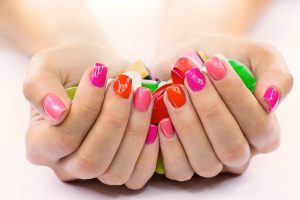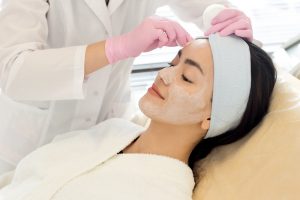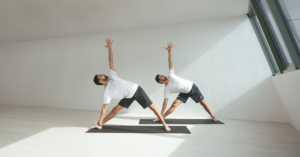Wellness
7 Surprising Reasons Why You Wake Up Tired
“Why do I wake up tired, even if I’ve had more than 8 hours of sleep?” Aside from obvious reasons...
By: Dedet Panabi / February 22, 2019
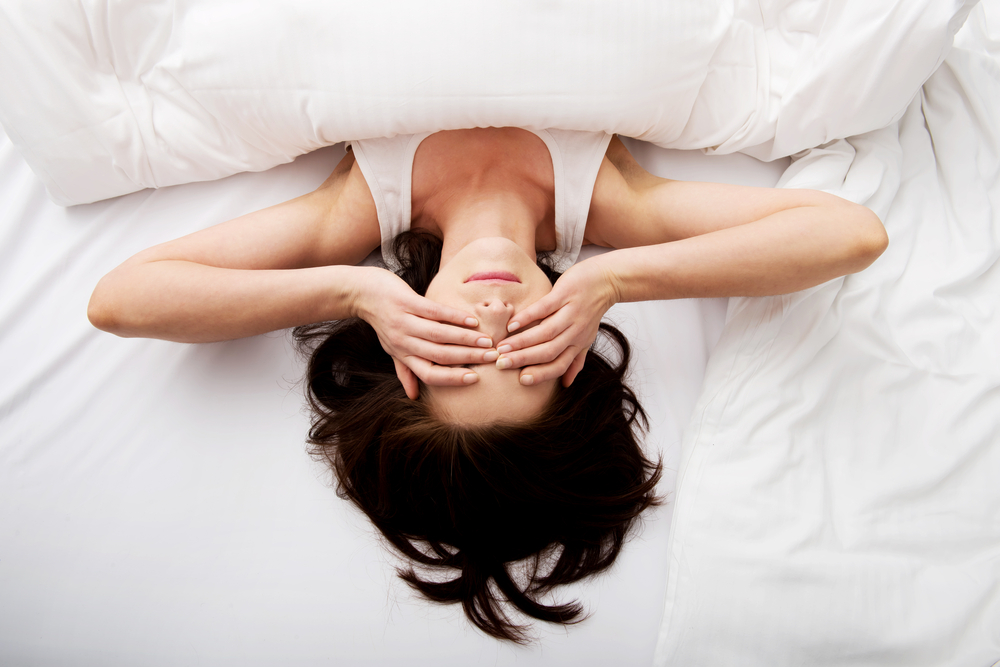
“Why do I wake up tired, even if I’ve had more than 8 hours of sleep?” Aside from obvious reasons like stress or too much coffee before bed, check if these health problems are robbing you of high-quality rest.
Contents
You snore
Snoring is a sign that you may have obstructive sleep apnea. When you sleep, your air passages close up. You stop breathing for a few seconds, which wakes you up.
This can repeat dozens of times a night, and you won’t remember a single thing. Unfortunately, sleep apnea prevents you from going into deep REM sleep, which your body needs to truly recharge.
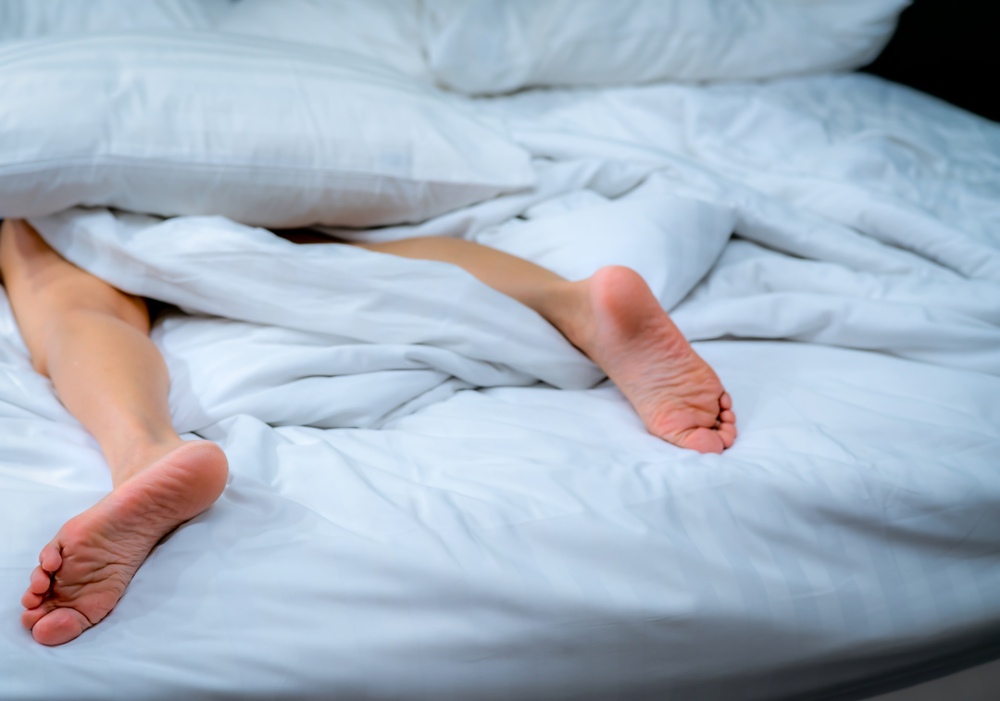
Your legs feel funny
If you move around in your sleep and often wake up with blankets twisted around your legs, check if you have RLS (Restless Leg Syndrome) or PLMS (Periodic Limb Movement of Sleep).
People with RLS feel the urge to constantly move their legs to relieve the feeling of pulling, crawling, throbbing or itching. It’s not painful, but it can be distracting. Even at night, your leg involuntarily twitches and jerks. Like sleep apnea, this stops you from getting deep sleep.
It’s time to change your mattress or pillow
If your bed doesn’t give enough support, you may be tossing and turning several times a night to find a more comfortable position.
Invest in a mattress that can support your back. Inner spring mattresses distribute your weight evenly, while foam mattresses can adjust your body contours. According to the National Sleep Foundation, you should change your mattress every 8 to 10 years.
Then, get pillows that match your natural sleeping position. There are side pillows, body pillows and even special pillows to prevent lower back or neck pain.
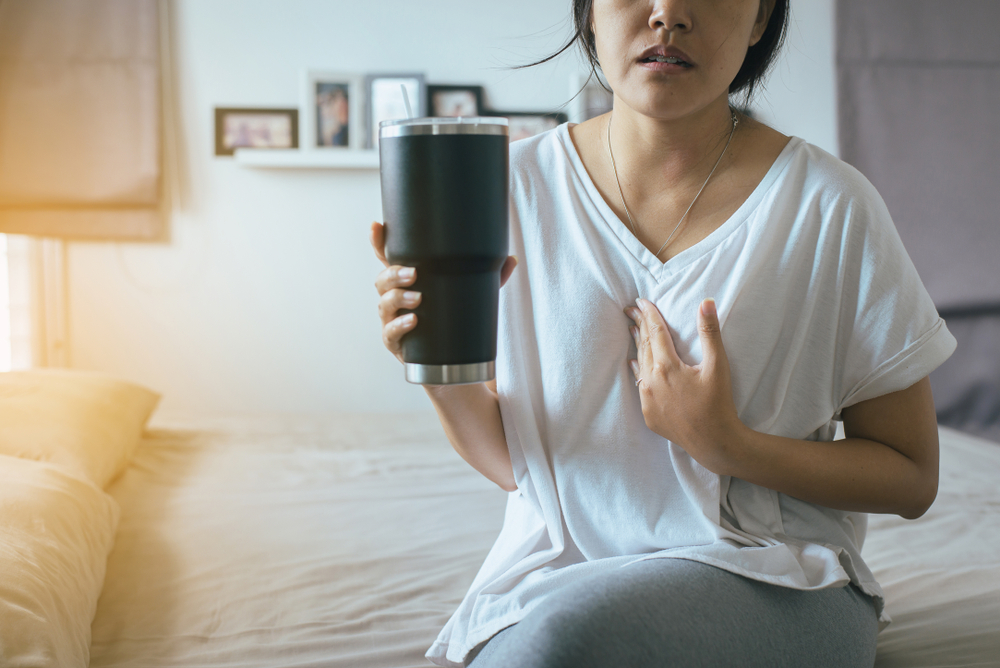
You like spicy dinners
Spicy and acidic food can trigger heartburn and acid reflux. Since these tummy problems get worse when you lie down, the discomfort can stop you from getting really good sleep.
You don’t have to give up spicy food – just avoid it at night! Eating a light dinner or having a warm cup of non-caffeineted tea or milk can also help prevent stomach (and your sleep) struggles.
You need to change your workout schedule
Exercise can either calm your nerves and make you so tired that you sleep within minutes of hitting the bed. But that doesn’t mean you’re getting good sleep.
High intensity exercise or heavy cardio increases your heart rate, stimulates muscles and cardiovascular system, and raises your body temperature. That all affects sleep quality. Even if you doze off right away, it may take hours before you go into deep sleep.
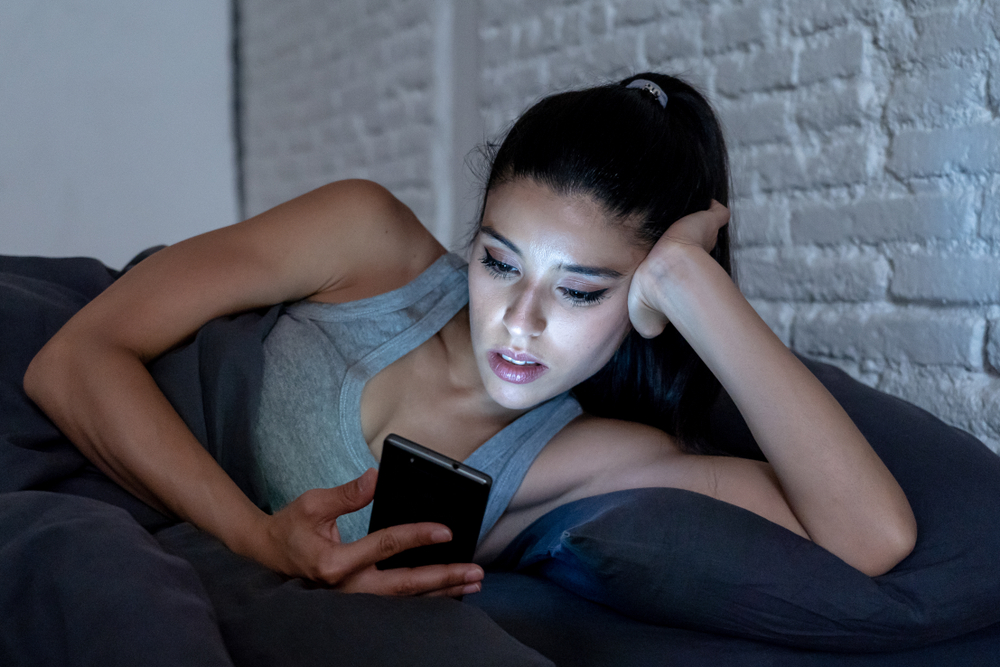
You use your phone in bed
If you always wake up tired, try working out in the morning or late afternoon. It takes about 5 to 6 hours for your body temperature to drop after a heavy workout. Need exercise to clear your head or calm down? Do something light – like walking, yoga or leisurely laps – instead.
Okay, we’re all guilty of watching movies or checking social media feeds right before going to bed. But that phone habit affects sleep in so many ways. The blue light emitted by screens has been proven to affect melatonin production (melatonin is the hormone that controls your sleep cycles). Plus, your mind stays engaged even after we put down the phone. It’s hard to fall asleep with all those thoughts and scenes replaying in your head!
We go through several sleep cycles or stages each night, from very light sleep to deep REM sleep. Most cycles last about 90 minutes each. If you wake up in the middle of an REM cycle, you can wake up groggy and tired.
Try adjusting the time you wake up so that you don’t interrupt the REM. For example, if you sleep at 10 pm, then wake up at 5:30 am or 7 am – not 6:15. Since everyone’s cycle are different, you may need to experiment to find out when to best set the alarm. Either way, resist the urge to hit the snooze button. Those extra 15 minutes aren’t going to make you feel rested.




